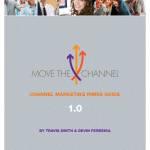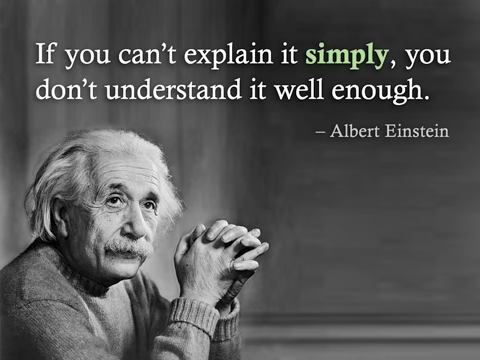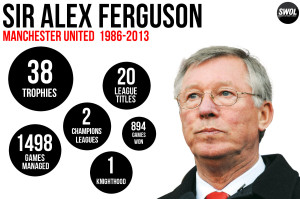…you don’t understand it well enough. And your channel partners understand your programs even less than you. I have seen Channel Program Brochures that are 10 pages long, and presentation Channel Program overviews that are more than 40 slides.
We often get so involved in delivering MORE resources and MORE benefits, that we get trapped into thinking MORE is always better. It can be—to a point. Usually more resources and more benefits are a positive, but if your program needs a map and compass just to navigate through it, chances are you’ve overdone it.
Move the Channel has developed a Channel Marketing Guide & R.I.M.E.S chart. Don’t be trapped into thinking that you need to employ every one of the bullet points in your channel marketing program. Rather, consider the few that would be most impactful for your business and the relationship you have with your channel partners.
Download your MTC Channel Marketing Guide and RIMES Chart here:

Enter your name and email address to download Move the Channel Guide and RIMES Chart
Move the Channel,
Travis





